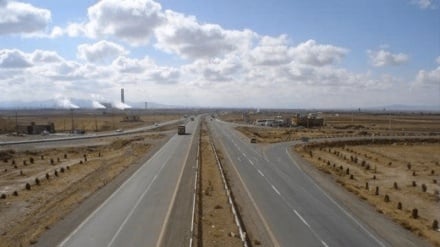Contaminated eggs scandal spreads from Europe to Asia
A scandal involving eggs contaminated with insecticide spread to 15 EU countries, Switzerland and as far away as Hong Kong on Friday as the European Commission called for a special meeting on the growing crisis.
According to Press TV, Brussels said the 15 affected EU countries were Belgium, the Netherlands, Germany, France, Sweden, Britain, Austria, Ireland, Italy, Luxembourg, Poland, Romania, Slovakia, Slovenia and Denmark, along with non-EU Switzerland.
But in a sign the crisis is going global, Brussels also announced that Hong Kong had received some tainted eggs from the Netherlands, with the southern Chinese city becoming the first place in Asia known to be affected.
Hong Kong Health Minister Sophia Chan said Saturday authorities were “strengthening” inspections of eggs from Europe
Ministers and food safety chiefs from around the European Union are set to meet on September 26 in a bid to get countries to stop “blaming and shaming” each other over the scare involving the chemical fipronil.
Millions of eggs have been pulled from supermarket shelves across Europe and dozens of poultry farms closed since the discovery of fipronil, which can harm human health, was made public on August 1.
The issue has sparked a row between Belgium, the Netherlands and Germany, the three countries at the epicenter of the crisis, about how long they knew about the problem.
“Blaming and shaming will bring us nowhere and I want to stop this,” Vytenis Andriukaitis, the European Commissioner for Health and Food Safety, told AFP as he announced the meeting. “We need to work together to draw the necessary lessons and move forward instead.”
European Commission Spokeswoman Mina Andreeva said that “this is not, let’s be clear, a crisis meeting” and it is being held next month to get “distance to the events.”
Fipronil is commonly used to get rid of fleas, lice and ticks from animals but is banned by the European Union from use in the food industry.
The EU insists there is no threat to human health, but the World Health Organization (WHO) says that when eaten in large quantities it can harm people’s kidneys, liver and thyroid glands.
ME


